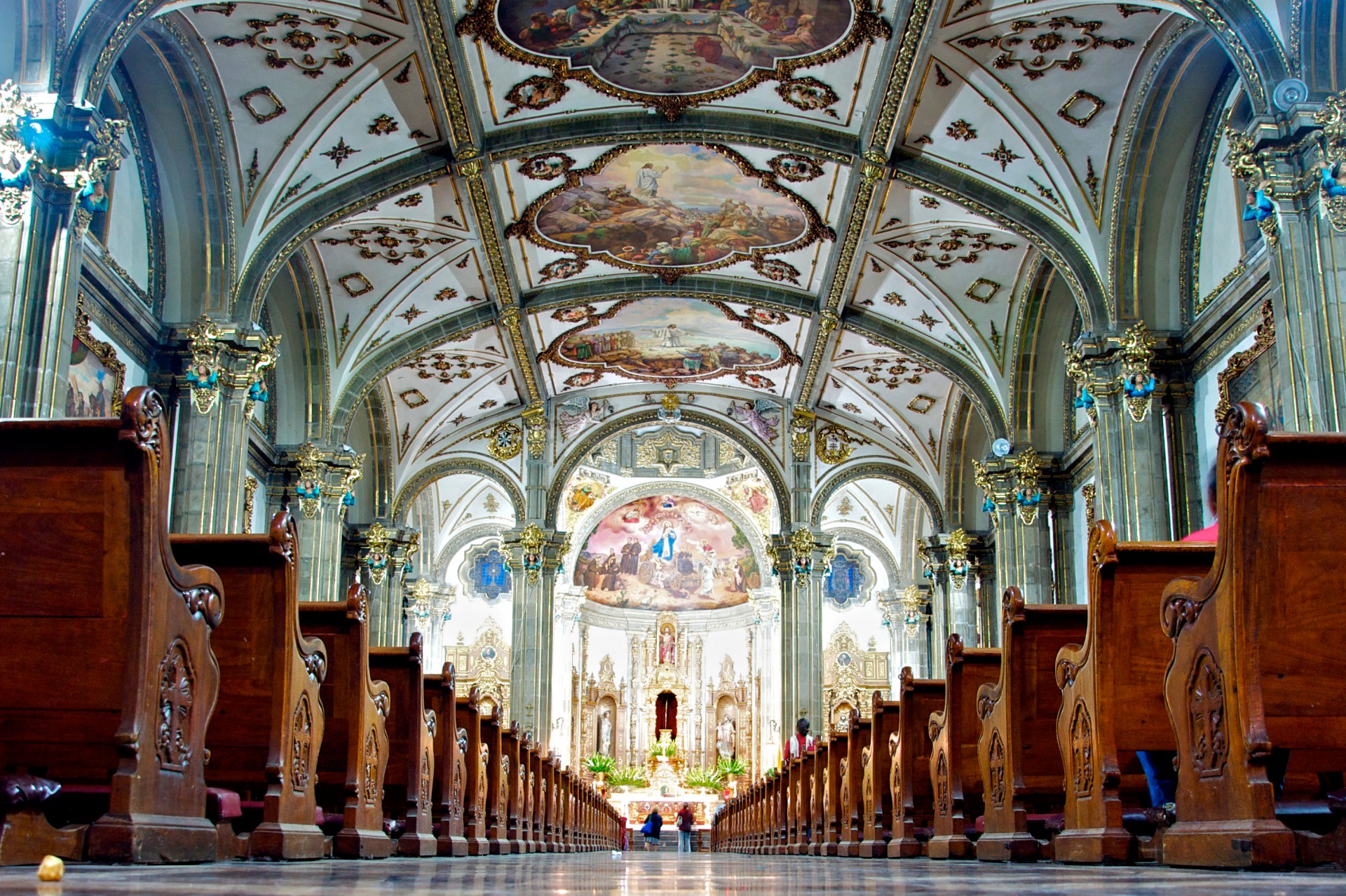The Catholic Church is not known for its simplicity when it comes to matters of judgement and interpretation. That same perplexment is associated with former Pope Benedict XVI’s recent claims against his “opponents” and his attitude towards the global community’s liberalism.
Pope Benedict XVI, who should be referred to as his non-papal name Joseph Ratzinger, has made some controversial comments in an authorised biography. He talked of abortion and homosexual marriage as organs of an “Antichrist”. So as not to sensationalise or mislead, the full excerpt reads as follows:
“A century ago, anyone would have thought it absurd to talk about homosexual marriage. Today those who oppose it are excommunicated from society…It’s the same thing with abortion and creating human life in the laboratory…” He added that it was “only natural for people to fear the spiritual power of the Antichrist.”
Alongside these remarks, Ratzinger has accused his adversaries of wanting to silence him.
The pairing of Ratzinger and papal controversy is almost sanctioned by the Lord himself. After abdicating in 2013, it was expected of him and his conservatism to retreat into the shadows of the Vatican as his successor, Pope Francis, dragged the Catholic Church into a new age. This, seemingly, did not happen. Instead, he makes comments upholding traditional Catholic dogma, acting as a constant reminder of the oppressive Church under which so many suffered.
Ratzinger evidently disagrees with the current Pope’s changes in the Catholic Church’s relationship with people of all creeds. Francis has refused to be the judge of homosexuals and welcomes them into the Church, though one assumes a ‘don’t ask, don’t tell’ clause is added, he has served the Eucharist to divorced and re-married couples and has washed the feet of Muslim refugees. To the Old Guards of Catholicism such as Ratzinger, Francis’ rejection to just use any biblical interpretation that suits him at the time is problematic and dissenting.
On the issue of free speech and whether Ratzinger’s comments constitute hate speech, the waters are similarly murky. Just as Francis has had to guide the Catholic Church through a period of moral uncertainty, so does ones own conscience when reading the above comments.
It would be all too easy to dismiss Ratzinger as a crazed and paranoid old priest: his age of ninety-three and erosion of power certainly do him no favours. However, he still represents a denomination inside a denomination: there are still practising clergymen who probably share his views on gay marriage and abortion and other ‘controversial issues’. To brand the former Pope’s words as hate speech is to deny them of any worth whatsoever and erase them from consciousness. It can be argued that these words have been born out of those same processes of sidelining and disregarding.
Ratzinger’s words obviously have no place in a Church that is struggling the same as society to become more inclusive. Those with an inch of morality see the hypocrisy of a man who sees the “Antichrist” in love and yet covered up chronic and historic child abuse and corruption, and so, all authority is lost.
Free speech is to be upheld at all times. The previous statement can be revised: these words do have a place in the Church as a commemoration of where never to return. Although upsetting, something can at once be both morally questionable and in print. For all our sakes, it should be kept this way.
Sinead O’Riordan
Image: Public Domain Pictures.

